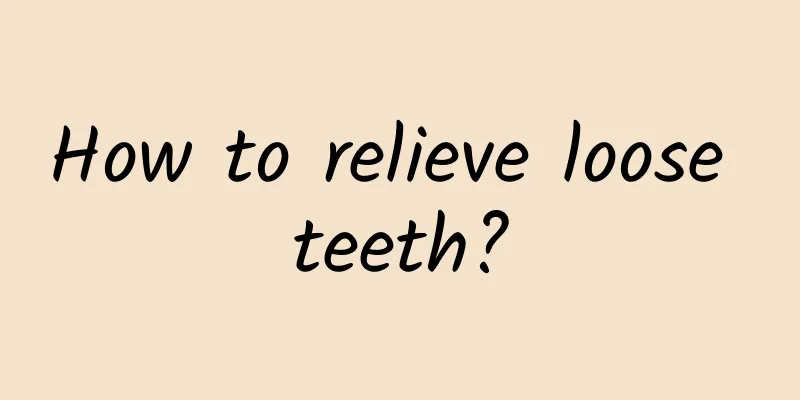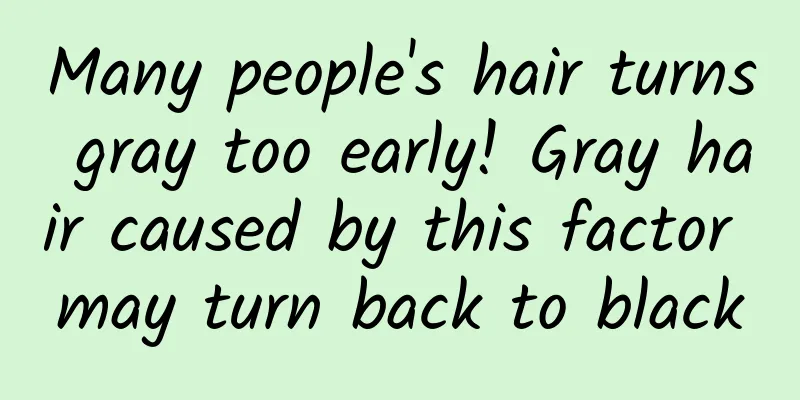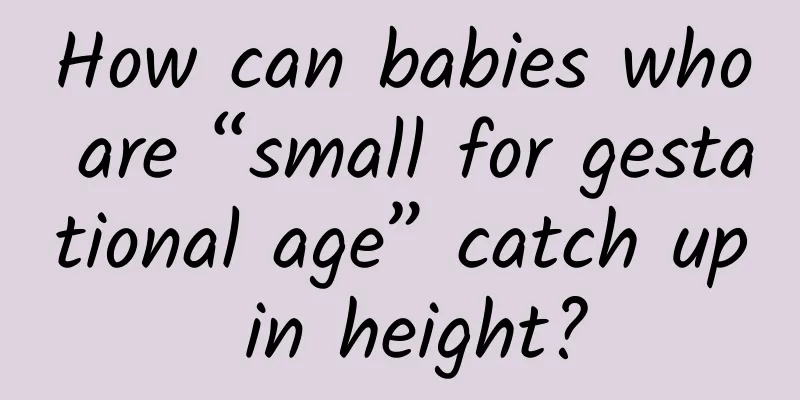How to relieve loose teeth?

|
When you are over 30 or 40 years old, you often feel that your teeth are inexplicably loose. Do you think you will have to make do with your teeth for the next few decades? Some friends also ask if loose teeth must be extracted? Is it a sign that my teeth are loose when I dreamed of them? Do I need treatment? Let’s take a look at what to do about loose teeth, how to treat them, and how to prevent them. The main reason for loose teeth is periodontal disease caused by poor oral environment. Periodontal disease is a chronic disease, mainly chronic inflammation of the tissues around the teeth. It does not cause loose teeth in the early stages of the disease. (Periodontal disease development process) However, as the inflammation deepens, the alveolar bone supporting the teeth will be destroyed, and periodontal disease will enter the middle stage. At this time, the gums will shrink, begin to soften, and the teeth will begin to loosen. In the severe stage of periodontal disease, the alveolar bone almost disappears, most of the tooth roots are exposed, the teeth become abnormally loose, and even fall off. At this time, the pain is intense and it is difficult to chew food. (In the late stage of severe periodontitis, the tooth roots are almost exposed and the teeth become abnormally loose) Loose teeth caused by other problems 1. Caused by occlusal problems: If accompanied by periodontitis, periodontal treatment should be performed first, and then the teeth should be adjusted and ground to restore the normal occlusion relationship. 2. Teeth grinding at night causes: Patients need to wear special teeth grinding pads to reduce damage to teeth. 3. Loose teeth caused by accidental trauma: For example, if you accidentally fall and hit your teeth while walking, or if you accidentally bite down on a bone while eating, your teeth may become loose. What are the hazards of loose teeth? 1. Decreased chewing function When teeth become loose, they cannot withstand normal chewing force, saliva secretion decreases, gastrointestinal motility slows down, unchewed food enters the gastrointestinal tract, and the burden on the gastrointestinal system increases, leading to gastrointestinal dysfunction and affecting the body's absorption of nutrients. 2. Harm to adjacent teeth There is a limit to the chewing force that teeth can withstand. When individual teeth are missing, the chewing force is concentrated on the remaining teeth. Since the chewing force exceeds the tolerance limit of the remaining teeth, the remaining teeth are traumatized and periodontal diseases such as periodontal membrane edema, gingival atrophy, alveolar bone absorption, and loose teeth occur. (The harm of missing teeth should not be underestimated) 3. Aggravating periodontal disease, a vicious cycle Loose teeth cause the spaces between teeth to become larger, and the occlusion and tooth arrangement become disordered, causing the remaining teeth to lose their normal adjacent relationship, resulting in food impaction, which further leads to periodontal disease and forms a vicious cycle. Treatment for loose teeth 1. Early treatment of loose teeth In the early stage of loose teeth, the main treatment is teeth cleaning (scaling) and subgingival scraping to remove tartar, plaque and other inflammatory substances around the teeth, so as to reduce inflammation around the teeth. (Subgingival scaling can effectively remove dental plaque and relieve periodontal disease) 2. Treatment of late loose teeth We usually tell patients not to remove loose teeth unless absolutely necessary: Permanent teeth cannot be regenerated, and once they are extracted, they are gone forever. However, if the looseness is too severe, the only option is to extract the tooth. After that, removable dentures, crowns, and dental implants can be used for restoration according to the patient's detailed conditions. Loose teeth are an irreversible process, so early prevention is the top priority! How to prevent loose teeth? 1. Master the intensity of brushing teeth If you brush your teeth too hard over time, the enamel will be damaged, and the soft tissue will recede, creating pocket-like gaps between the teeth and gums. This is like asking for trouble, inviting bacteria to "live" in the pocket and cause periodontal tissue infection. For better cleaning, it is recommended to use a soft-bristled small-head toothbrush. 2. Replace your toothbrush daily Most dentists recommend changing your toothbrush once a month. Because in just a few weeks, the originally soft and smooth bristles will explode into a ball. When the bristles start to look like steel bristles turned inside out, it's time to say goodbye to them. 3. Use dental floss to assist cleaning Brushing your teeth alone is not enough to deep clean your mouth. We can also use dental floss to assist in deep cleaning of the teeth. Every morning and evening or after eating, use dental floss to scrape away the residue in between the teeth and then rinse your mouth. 4. Eat less hard food It's okay to eat it occasionally, but be careful not to pop your teeth if you eat it frequently. 5. Massage your gums Massaging the gums with your fingers can promote blood circulation in the gums and effectively prevent gum atrophy and loose teeth. Fingers are very soft and will not cause any damage to the gums. Method: After rinsing your mouth, place your clean right index finger on the gingival mucosa, and rub it up and down from the root to the crown and forward and backward along the gum level. Massage the upper and lower, left and right, inner and outer gums in turn for about a few minutes. 6. Regular teeth cleaning Some people may think that their teeth are quite healthy and they brush their teeth well, so there is no need to have a teeth cleaning. Actually, it is not. Teeth cleaning is more like a kind of health care. It can remove tartar and plaque and prevent gum atrophy. Regular teeth cleaning can effectively reduce the incidence of periodontal disease. Therefore, it is quite necessary to have your teeth cleaned about once every six months to a year. You can decide based on your own situation. Oral health tips: It is not difficult to achieve the above points. The key is to persevere. May everyone have healthy and beautiful teeth! |
>>: What is the difference between Queshe and Maojian? How to brew Maojian tea
Recommend
Early symptoms of endometriosis
Endometriosis is a gynecological disease for wome...
If your vulva is itchy and has an odor, don’t use medication blindly!
When summer comes, it is a very happy time for wo...
What foods can nourish the ovaries?
The ovaries can be said to be one of the most imp...
What to do during prenatal check-up during the epidemic
During the epidemic, in order to better control t...
I always want to urinate but not much
Generally speaking, when people constantly feel t...
What should I do if the car is low on power and the turn signal lights are flashing? What should I do if the car is low on power and the turn signal lights are flashing?
Will the turn signal flash when the car is low on...
Why can't women straighten their waists?
Low back pain is a common disease that is more co...
Can I apply hot compress during my back pain?
The confinement period is the same as the pregnan...
Postpartum right lower abdominal pain
Giving birth is a very big thing for women, and w...
What causes large blood clots during menstruation?
Many women will find that there are many blood cl...
Can Jiayin treat pelvic effusion?
Pelvic effusion is a disease that many women suff...
When does a mother start breastfeeding after giving birth? How to help a mother breastfeed?
When the baby is born successfully, the mother sh...
How to set up a weight loss fitness plan for women
Women's weight loss is also a very important ...
Breast lumps after childbirth
It is said that breastfeeding is good, so many mo...
What to do if pregnant women can't sleep in the morning
Pregnant women are a special group of people. The...









